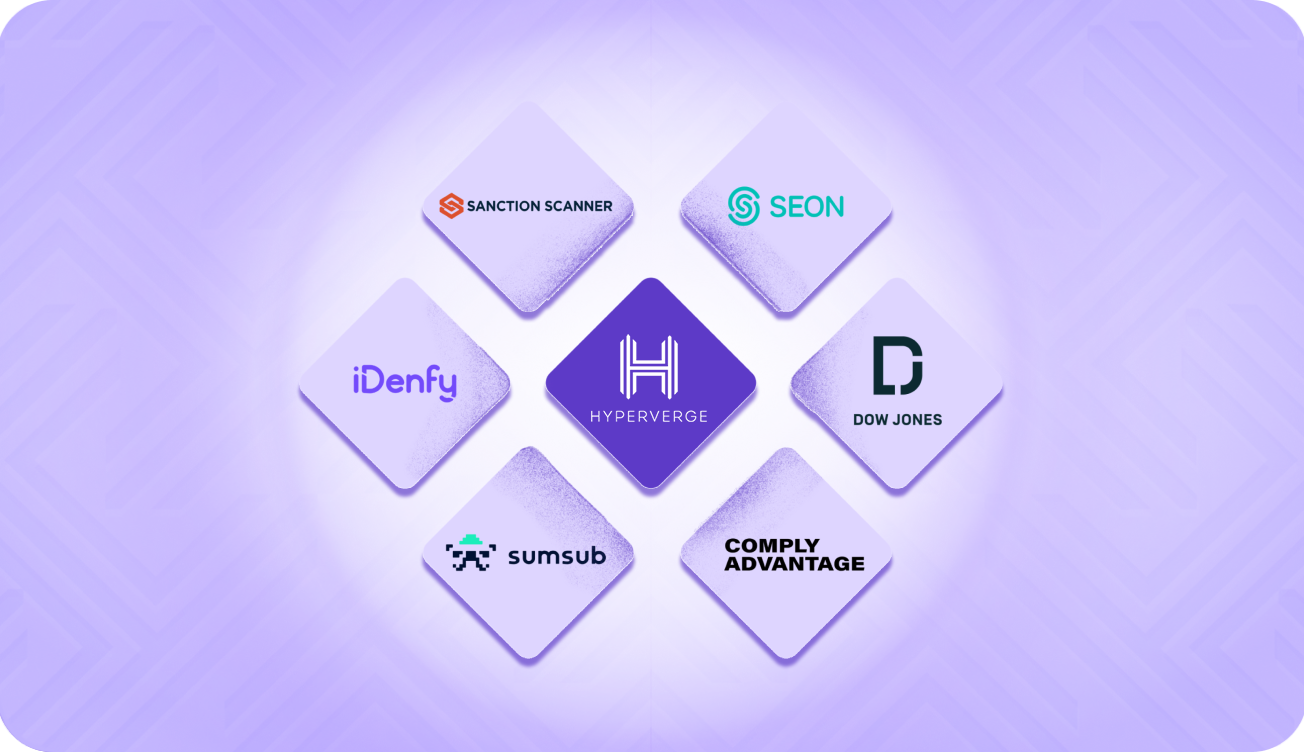
With the growth of interconnectedness, businesses are under escalating regulatory pressure to refrain from transactions involving sanctioned parties. Sanctions lists are continuously revised and enforced by governments as well as international bodies including OFAC, the European Union, and the United Nations, to prevent terrorism, money laundering, corruption, and financial crime.
Organizations cannot avoid the requirement to comply, since non-compliance might bring about large financial penalties, harm to their reputation, license revocation, and criminal consequences. That is why a strong sanction screening system is both a regulatory requirement and a key part of strategic planning.
What Does a Sanction Screening System Do?
A sanction screening system is intended to identify and block transactions involving parties under sanction. It compares names of customers, vendors, employees, and transaction partners to global sanctions lists automatically. Organizations rely on these systems as main elements of their sanction screening program, which is often integrated with AML and KYC compliance solutions.
Today’s sanction screening tools extend their capabilities beyond simple name comparisons. They apply fuzzy logic, advanced learning algorithms, and current information to detect risks properly and avoid unnecessary false alarms.
Why Sanction Screening Matters?
Sanctions screening is vital for global compliance because it helps businesses:
- Do not mistakenly deal with entities or people that are restricted.
- Avoid financial or reputational penalties.
- Make sure regulatory expectations are met in every location they work.
- Identify and stop unusual transactions as they occur.
For instance, if a bank employs an old or manual sanction screening system, it could unintentionally send money to a sanctioned entity, which can then result in a regulatory inquiry and penalties. An effective sanction screening system in place helps to stop these incidents from taking place.
Fundamental Methods by Which a Sanction Screening System Protects Your Business.
1. Reduces Regulatory Risk
Maintaining compliance with sanctions regulations that change frequently is the basic role of a sanction screening system. It achieves this by screening all customer and transactional information against the latest global regulatory watchlists. As a result, your organization is shielded from legal penalties, government actions, and damage to its image due to sanction breaches.
Sanctions laws are being enforced with greater intensity by regulators in the U.S., UK, EU, and Asia. A company lacking proper sanction screening systems is at greater risk of unintentional non-compliance.
2. Prevents Financial Crime
In most compliance frameworks, sanction screening forms the primary defense. Sanction screening is important in defending against money laundering, terrorist financing, and the improper use of financial systems by illegal groups. Early identification of risky actors allows firms to block undesirable engagements before they are established.
Such a proactive method supports financial institutions in meeting AML obligations, as these obligations are becoming more closely related to sanctions enforcement.
3. Automates Compliance Workflows
When done by hand, checks are error-prone, slow, and hard to expand. By comparison, an automated sanction screening program permits organizations to:
- Monitor a high volume of information in real time.
- Minimize human error and oversight.
- Help organizations control and decrease compliance responsibilities and expenses.
Organizations such as banks, fintech firms, e-commerce platforms, and logistics providers, which process thousands of transactions or onboarding requests each day, depend on automation.
4. Increases screening accuracy and lowers the number of false alarms.
An important issue with sanctions screening is that false positives regularly occur, causing a system to flag matches that are irrelevant. The use of improperly set up or outdated screening technologies can lead to excessive false positives, which make it harder for compliance teams to manage their workload and maintain operational speed.
Accurate identification of sanctioned parties is achieved by modern tools through the use of matching algorithms, contextual analysis, and machine learning. Such advancements permit businesses to find real threats more efficiently and minimize alerts that are not important.
5. Supports Auditing and Regulatory Reporting
High-quality sanction screening systems give complete audit records and detailed reports that are vital for both internal reviews and external regulatory audits. Decisions to either escalate or dismiss alerts are all recorded, dated, and trackable.
This degree of visibility both facilitates audits and proves to regulators that your organization is committed to compliance.
What Characteristics to Evaluate in a Sanction Screening System?
When selecting a system, pay attention to the following main capabilities:
Real-Time List Updates: Select a system that keeps sanctions lists, like OFAC, EU, and UN, up to date on a regular basis.
Scalability: Is it prepared to adjust as your customer or transaction numbers rise?
Customization: Can the system be adapted to suit your organization’s thresholds, rules, and risk parameters?
Integration: Can the platform be combined with your current systems, for example, CRM or onboarding systems?
Global Coverage: Are sanctions lists from around the world and specific regions included?
Common names in the sector are Risk Solutions, Refinitiv (World-Check), ComplyAdvantage, and Dow Jones Risk & Compliance. Because each provider stands out with its own set of features, it is necessary to choose based on your business structure and regulatory obligations.
Final Thoughts
To thrive in today’s regulated business world, companies should anticipate needs rather than respond only after problems occur. A sanction screening system of high quality is not only a tool but also an important defense for your organization’s future. Institutions, enterprises, or startups alike should recognize that automated sanctions screening protects them from legal issues, financial fraud, and reputational harm.
Choosing the proper solution today will reduce exposure to risks in the future. Prevention of AML compliance breaches will always be more economical than the costs incurred by remediation.
